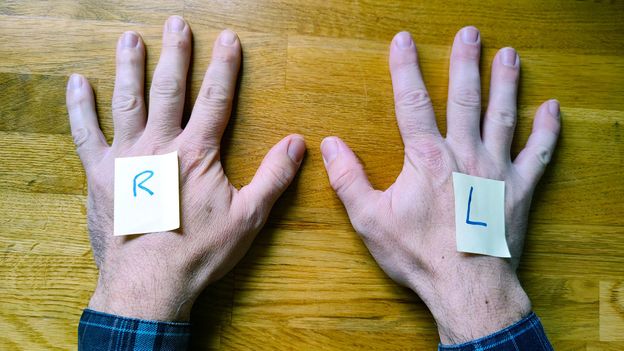10 places not to visit in 2023
+ Companies that are changing the world for the better, and people who can't tell left from right (#425)
This is David, your diligent curator, and you're reading the Weekly Filet for another carefully curated set of the best things to read, watch and listen to. It's great to have you.
It's still January, so you're still getting the entire extended version of the newsletter that usually only paying members get. Enjoy!
1. Ten regions to reconsider in 2023
The New York Times has released its annual list of 52 places to visit. While it's always nice to browse through and indulge in fernweh, it feels like something from a different time. Consider, on the contrary, Fodor's «No List». They are highlighting destinations you might have on your travel wish list, and explain why you might want to reconsider. Not because those places are overrated, but because they could use a break from mass tourism.
2. Six Questions for Hannah Ritchie
These are really interesting questions that you might want to take the time to reflect on yourself before reading Hannah's answers. I'm going to spoil one answer because I think it nails a really important point. «There are two groups of companies that are changing the world for the better. Those that are making sustainable living cool. And those that are making it cheap. The special ones can do both.»

3. Why some people can't tell left from right
Around one in six people have trouble telling left from right. Apparently, they might just be too symmetrical. «Research suggests that the more asymmetrical someone's body is the easier they find it to tell left and right apart

4. The Volcano: Rescue from Whakaari
In late 2019, the Whakaari volcano off the coast of New Zealand erupted, leaving dozens of tourists scrambling to get off the island to safety. This documentary recounts the dramatic story, using original cell phone footage and first-hand accounts of survivors and rescuers. Intense, worth your time.

5. The Carbon Con
Look at any large corporation's «net-zero strategy» and you'll see carbon offsets as one key part of it. It makes sense: Some emissions are hard to reduce, so you pay to reduce the same amount elsewhere where it's easier. Offsets have always been criticised for being unsustainable and intransparent. An investigation into the world’s leading provider of carbon offsets now reveals: a mere six per cent of the total offset credits were real emission reductions.

What else?
- Leadership.
- The biggest problem with people who are «just asking questions»
- Sony is releasing a new Walkman. Yes, really.
- A collaboration between IKEA and Patagonia, as imagined by artificial intelligence.
- I didn't know that giraffes have different patterns depending on where they're from.
- «Don’t cling to a mistake just because you spent a lot of time making it.» — Aubrey De Graf

Thanks for reading. I wish you a nice weekend and hope to see you again next Friday!
— David 👋





